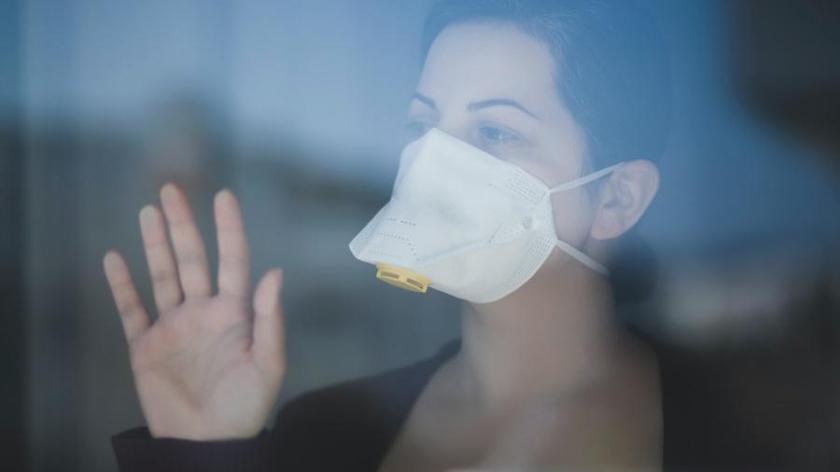NICE won’t back AZ’s Evusheld for COVID prevention

Cost-effectiveness agency NICE has said it does not support NHS use of AstraZeneca’s antibody drug Evusheld for prevention of COVID-19, after rejecting it as a treatment for infected patients last November.
In draft guidance published this morning, NICE said there is no evidence that Evusheld (tixagevimab/cilgavimab) is effective in protecting vulnerable adults against current variants of SARS-CoV-2, echoing the recent decision by the US FDA to revoke Evusheld’s emergency authorisation for COVID-19 prevention.
After its approval in March 2022, patient organisations in the UK clamoured for access to Evusheld as an alternative to vaccinations for groups such as immunocompromised patients and those with blood cancers – sometimes referred to as the “forgotten 500,000” – who cannot get effective protection from COVID-19 from vaccination.
“We know that today’s decision will be disappointing for the many thousands of people who do not get the same protection from vaccination against COVID-19 as most people, and who therefore continue to significantly modify their behaviour to avoid infection,” said NICE’s director of medicines evaluation, Helen Knight.
Medical charity Blood Cancer UK agreed that the decision would be a heavy blow for patients, who had looked to Evusheld as a way to return to a more normal way of life after years of restrictions and isolation. It also said it is expecting the UK government to lay out “clear plans” on ways to protect immunocompromised individuals from COVID-19.
“For some people with blood cancer, the COVID-19 vaccines may be less effective but can still offer some level of protection,” said Helen Rowntree, chief executive of the organisation.
“While Evusheld still remains privately available, what the government and NHS should do today is make sure the roll-out of booster vaccines to the immunocompromised, including those with blood cancer, is vastly improved.”
That applies particularly to older people and the Pakistani, Bangladeshi, Black African, and Black Caribbean communities, where vaccination rates have been lower than hoped.
The guidance is open for comment until 9th March, but with Evusheld’s efficacy on the wane, NICE seems unlikely to do an about-turn on the drug. AZ said in its fourth quarter results update that sales of Evusheld were $734 million in the period, but were already in steep decline now that it is no longer authorised for use by the FDA.
COVID-19 appraisals will be accelerated
NICE has been criticised for taking too long to review Evusheld, and the health technology assessment (HTA) agency also said this morning that it is developing a speedier review process to update recommendations on the cost-effectiveness of COVID-19 treatments.
The new system will draw on, “monitor real world data, and re-evaluate the medicines as needed against that data in a faster way than we currently do for other drugs,” said Knight, who added that “the rapidly evolving nature of COVID-19 means we need to have a way of establishing the cost effectiveness of existing medicines against current variants in an agile way.”













